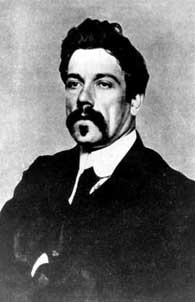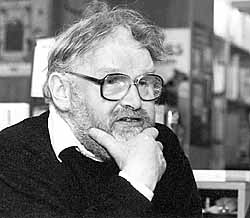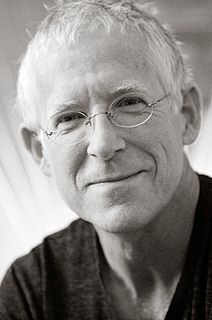A Quote by Christian Wiman
I think of translations as passing some scholarly smell test: you can read the words of the translation and be reasonably sure of what the words are in the original.
Quote Topics
Related Quotes
Gabriel Garcia Marquez is one of my all-time favorite writers. I feel spiritual when reading his words, even though they're translated. I wish desperately that I could read it in its original language. I already feel like I'm going to church when I read him; imagine if I could read it in the original.
The dictionary is like a time capsule of all of human thinking ever since words began to be written down. And exploring where words have come from can increase your understanding of the words themselves and expand your understanding of how to use the words, and all of this change happens in your thinking when you read the words.
Scientists often invent words to fill the holes in their understanding.These words are meant as conveniences until real understanding can be found. ... Words such as dimension and field and infinity ... are not descriptions of reality, yet we accept them as such because everyone is sure someone else knows what the words mean.






































